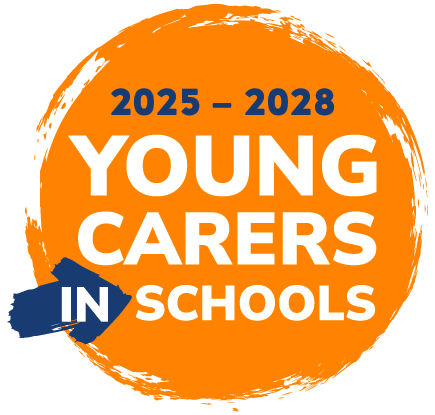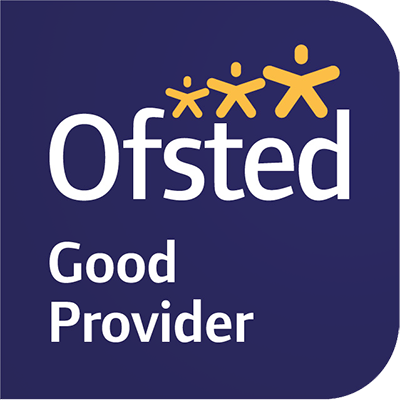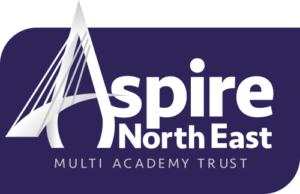Drama Curriculum Overview
Knowledge Organisers
Key Stage 3 Curriculum
Our Key Stage 3 Curriculum:
Our curriculum covers Key Stage 3 (years 7, 8 and 9) studying Drama
We know that students who read well achieve well. As such, all subject areas are committed to providing regular opportunities to read extensively, including the use of our SMART Reader model within lessons.
We also provide regular opportunities for students to read as part of a research process.
Download the full policy at the link above for a full break down of learning for each Term.
Academy Aim
Here at Sandhill View Academy, we aim to securely equip all of our students for life beyond school as successful, confident, responsible and respectful citizens. We believe that education provides the key to social mobility and our curriculum is designed to build strong foundations in the knowledge, understanding and skills which lead to academic and personal success. We want our students to enjoy the challenges that learning offers.
Our aims are underpinned by a culture of high aspirations. Through developing positive relationships, we work towards every individual having a strong belief in their own abilities so that they work hard, build resilience and achieve their very best.
Intent
The curriculum includes formal teaching through subject areas, assemblies and extracurricular activities. We regularly review content to ensure we continue to meet our curriculum aims. At Southmoor drama is taught as a discrete subject and pupils receive one 60 minute lesson per week at KS3. We also offer the option of AQA GCSE drama and A level drama and theatre. The Drama curriculum is covered through schemes of work, lesson planning, homework, extended independent work, and extra-curricular activities. We regularly review content to ensure we continue to meet our curriculum aims.
Our curriculum is planned to enable all students to develop a knowledge, understanding and enjoyment of drama and theatre as participants and observers. We also develop valuable transferable life skills that employers say are essential in the work place: confidence, communication skills, creativity, resilience, empathy, team work and leadership skills. We encourage British values of mutual respect and love of learning about other cultures and traditions through the texts we explore. As well as teaching subject specific skills, we also support PHSCE though the topics we explore using drama.
Throughout our programmes of study, every attempt is made to make explicit links to careers and the world of work.
The British values of democracy, the rule of law, individual liberty, and mutual respect of those with different faiths and beliefs are taught explicitly and reinforced in the way in which the school operates.Sequence and Structure
Our curriculum covers Key Stage 3 (years 7, 8 and 9) studying Music, and optional Key Stage 4 (years 10 and 11) studying Performing Arts.Literacy:
We know that students who read well achieve well. As such, all subject areas are committed to providing regular opportunities to read extensively. In music we provide opportunities for students to read as part of connect activities and within the classroom environment with a larger focus on this particularly with topic research and independent topics. We also aspire for our students to use ambitious vocabulary and plan to use Frayer models within lessons – our aim for Tier 3 music vocabulary is high right from Year 7 as any KS4 course is very subject specific vocabulary heavy. Using music vocabulary regularly in lessons, whether in written work, or verbal discussion, consistently helps our learners become more creative and think more dramatically. All curriculum areas use literacy end point document which details yearly end points for reading, writing and oracy to ensure consistent literacy skills embedded across the curriculum.Skills Builder
We are also explicitly embedding transferable ‘Skills Builder’ skills such as problem solving, aiming high and teamwork to prepare our students for higher education and employability skills for the future. This year in Drama we will focus on Creativity, Teamwork and Listening. Our young people have demonstrated that taking part in creative activities both in and outside of the classroom can not only boost their self-esteem, but they can also help others. We encourage our young people to teach skills to others and work together to learn about diverse cultures and events through discussion and group work. Projects from Year 7 upwards have been designed to creatively explore a variety of materials but also to refine skills to take pride in not only their performance and practical work, but their written and theoretical work, also.
How does our Curriculum cater for students with SEND?
Sandhill View is an inclusive academy where every child is valued and respected. We are committed to the inclusion, progress and independence of all our students, including those with SEN. We work to support our students to make progress in their learning, their emotional and social development and their independence. We actively work to support the learning and needs of all members of our community.
A child or young person has SEN if they have a learning difficulty or disability which calls for special educational provision to be made that is additional to or different from that made generally for other children or young people of the same age. (CoP 2015, p16)
Teachers are responsible for the progress of ALL students in their class and high-quality teaching is carefully planned; this is the first step in supporting students who may have SEND. All students are challenged to do their very best and all students at the Academy are expected to make at least good progress. Extra-curricular activities are fully inclusive
In drama, SEND support is provided by class teachers through differentiated teaching methods.
How does our curriculum cater for disadvantaged students and those from minority groups?
As a school serving an area with elevated levels of deprivation, we work tirelessly to raise the attainment for all students and to close any gaps that exist due to social contexts. The deliberate allocation of funding and resources has ensured that attainment gaps are closing in our drive to ensure that all pupils are equally successful when they leave the Academy. More specifically within the teaching of Drama, each member of staff holds a teaching handbook that identifies disadvantaged pupils. In line with school data drops, work is scrutinised, and disadvantaged pupils are identified and interventions put in place. These include: 1:1, lunchtime revision, bespoke independent work, free revision books and subsidised visits.
How do we make sure that our curriculum is implemented effectively?
- The Subject Leader of Drama is responsible for designing the drama curriculum and monitoring implementation.
- The subject leader’s monitoring is validated by senior leaders.
- Staff have regular access to professional development/training to ensure that curriculum requirements are met.
- Effective assessment informs staff about areas in which interventions are required. These interventions are delivered during curriculum time to enhance pupils’ capacity to access the full curriculum.
- Curriculum resources are selected carefully and reviewed regularly.
- Assessments are designed thoughtfully to assess student progress and also to shape future learning.
- Assessments are checked for reliability within departments and across the Trust.
- Every fortnight, the drama department meets to discuss, evaluate and adapt the KS3, 4 and 5 curriculum based upon data, pupil voice, and across trust discussions. Our curriculum is fluid and responsive.
How do we make sure our curriculum is having the desired impact?
- Examination results analysis and evaluation, reported to the senior leaders and the local governing body to ensure challenge
- Termly assessments-analysis and evaluation meetings
- Lesson observations
- Learning walks
- Book scrutiny
- Regular feedback from Teaching Staff during department meetings
- Regular feedback from Middle Leaders during curriculum meetings
- Pupil surveys
- Parental feedback
- External reviews and evaluations





